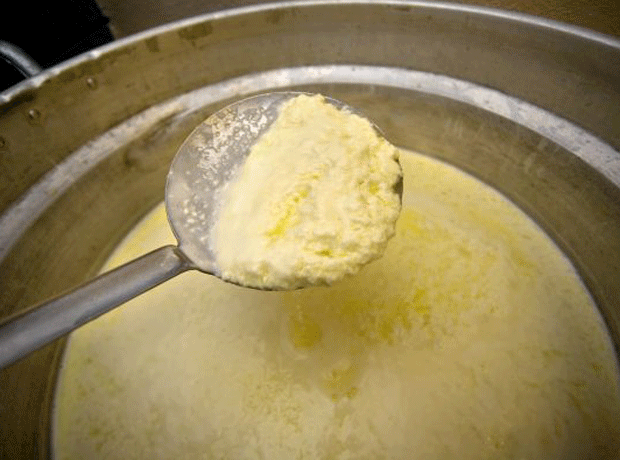
Dairy Crest’s new whey facility at Davidstow will cost £45m instead of the £40m originally forecast, the company has said.
A spokesman for Dairy Crest said “detailed appraisals” carried out since the dairy processor announced its intention to build the plant earlier this year had shown it would be “a bit more expensive than we thought”. There was no single factor to blame, but rather a combination of “relatively small amounts”, he added.
In a trading update on its first-half performance on Monday, Dairy Crest said the plant would start operating during the first half of 2015 and was expected to boost operating profits by more than £5m a year. After taking into account additional depreciation charges of about £4m, this meant the project would “effectively provide a five-year cash payback”, the company added.
The new whey plant will produce demineralised whey powder, which is used in baby formula, giving Dairy Crest access to the rapidly growing global market for infant nutrition. Dairy Crest already produces standard whey powder, but this is sold mostly to food manufacturers and commands less of a premium.
In June, Dairy Crest said it was looking for export partners to market the whey produced at Davidstow; it declined to give an update on its search for partners.
In the trading update on the six months to 30 September, Dairy Crest said it had delivered a “steady” performance and its full-year profit expectations remained unchanged.
Overall, sales of its four key brands – Cathedral City, Frijj, Country Life and Clover – were expected to be “broadly the same” as they were during the six months to 30 September 2011, when year-on-year growth stood at 11%.
However, different parts of Dairy Crest have put in varying performances. Cheese was thriving, with Cathedral City sales expected to outperform the market and do better than last year, the company said.
Project Chrysalis and Cathedral City Spreadable
Separately, Dairy Crest has unveiled a new £14m investment in packaging capability for its Frijj milkshake brand, which will allow it to offer a wider range of bottle sizes for Frijj - from the current 471ml bottles to 250ml singles, multipacks and a one-litre bottle – as well as bringing production of its UHT Frijj lines in house.
It also announced plans to launch a spreadable version of its market-leading Cathedral City Cheddar brand. Commenting on the impending launch of Cathedral City Spreadable in a note to investors, Shore Capital analyst Clive Black said: “We believe management has been seeking for over half a decade for the technology to support a spreadable product, without damaging the brand’s taste credentials. In a category with an addressable market running into the hundreds of millions of pounds in value, we view the launch as good news.”








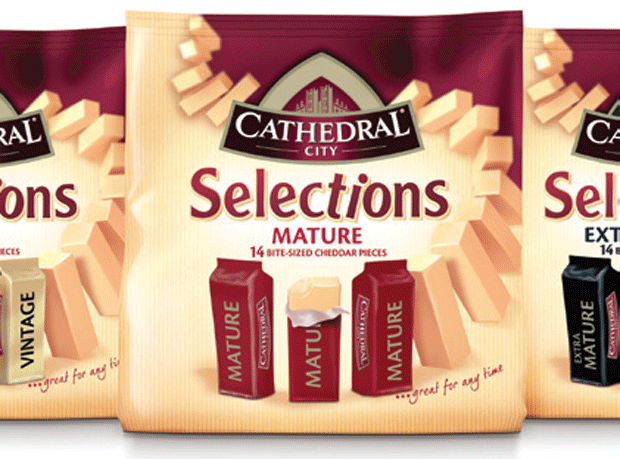
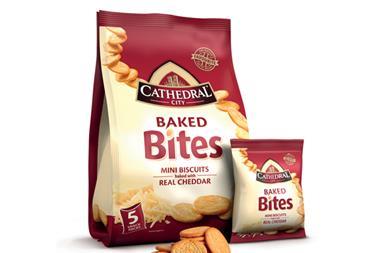
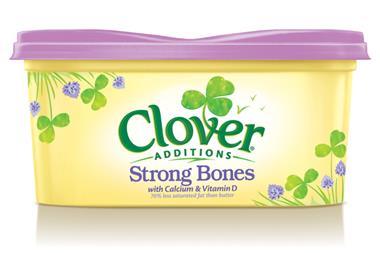

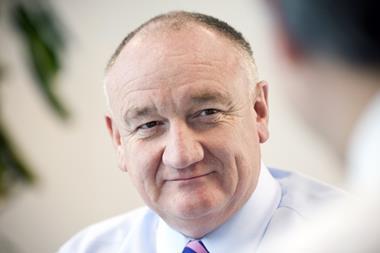
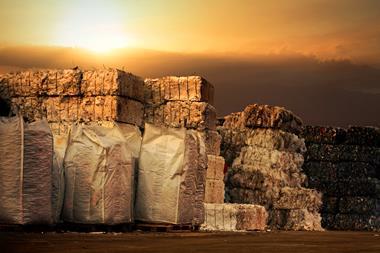
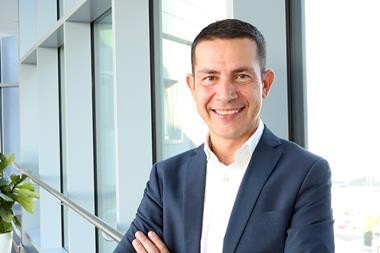
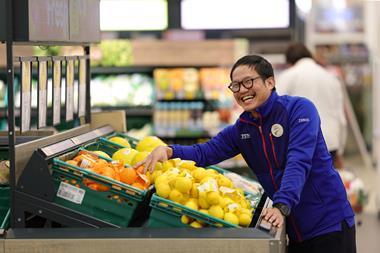
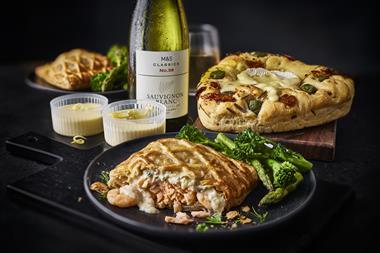


1 Readers' comment